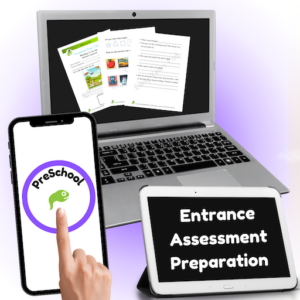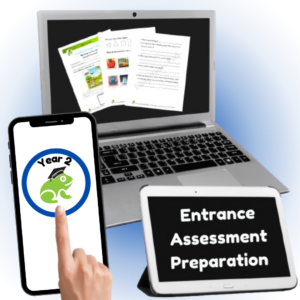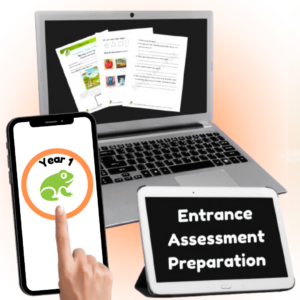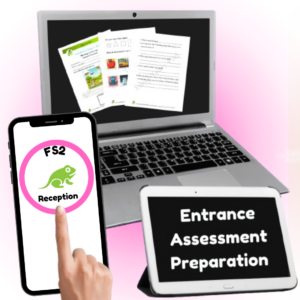It’s a BIG Decision
Choosing a British international school for your child gives them access to a global education system that is highly respected, widely recognised and brings unending value. It also opens the path to university, broader connections and an educated way of thinking.
So the decision is already a good one. But this only the first step. You will need to be informed about the structure you are sending your child to.
We’ve compiled a series of questions you should ask when applyhing to the school or simply just meeting the staff.
1. Is My Child Ready for an English-Style Curriculum?
British international schools follow the UK Early Years Foundation Stage (EYFS) and Key Stage 1 frameworks. These systems have evolved over hundreds of years, giving children the most balanced and well paced education at a young age.
It’s hard to know how your child will fit into an education system. They have strengths, weaknesses, likes, dislikes and so many more facets to their characters.
School readiness depends on the school you are applying to.
Ask them how they determine if a child is a good fit. This leads us to the next question.
2. Will My Child Be Assessed for Entry?
Most often – yes. Children are usually assessed before being allowed into school. One small example would be their level of English. Obviously if they don’t have any English, they will struggle to learn at a British International School. This is just one area to assess but teachers will need to understand the child’s ability in Maths, English, handwriting and so much more.
Find out what the school policy is on assesments, who does them and how long does it take to get an answer.
We have produced a guide to help you better understand what your child will be expected to know when they go into one of the early years phases – including key stage 1.
3. What Language Support Will Be Available?
English as a Second Language (EAL) should be readily available at any British International School. Each school will have it’s own system, but there should be British teachers (who may or may not speak your language) as well as teachers and staff who are fluent in both languages. Be sure that you fully understand what they offer and what their policies are.
We attended a British International School that had a policy to speak English only!

4. Does the School Prioritise Social-Emotional Development?
Academic results matter — but so does nurturing confidence, empathy, and resilience. British international schools vary widely in how they support emotional growth.
Each child is different but you know your child better than anyone. Don’t be afraid to bring up any concerns you have about how your child might fit in.
5. How involved are the parents in the learning journey?
British schools across the world can vary in terms of parental involvement. Some will welcome parents to themed dress-up days, international days, workshops and more. Other schools might prefer you to be a little more distant – allowing them to do what they do best.
6. Will my child thrive in a structured environment?
English schoolboys and schoolgirls are known for their uniforms. These uniforms are a visual indication of the structured environment they will learn in. The British system introduces routines, smartwear, structured learning, and clear behaviour expectations from an early age. Some children thrive on this — others need a gentler, more exploratory approach. Discuss your child’s character with the school and make sure it’s a good fit.

7. What about the cultural mix?
‘British international’ doesn’t always mean majority British. These schools will attract families from the general area and, unless, you’re in the U.K., it’s an international school. Diversity can be a huge strength and is an education in itself as children mix with children from other cultures. But it’s worth asking: What does the school’s community look like? Will my child feel they belong?











